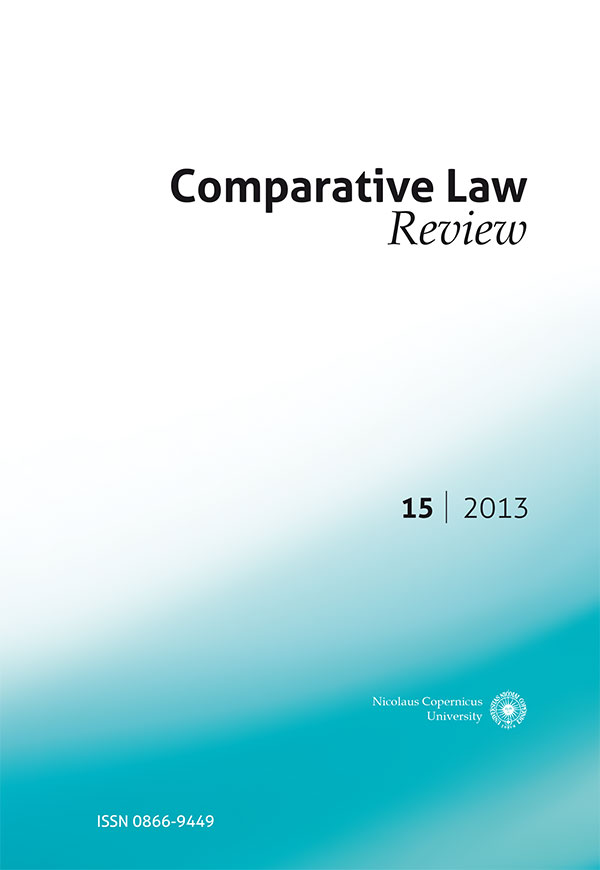Opening of Insolvency Proceedings pursuant to Council Regulation (EC) No 1346/2000 of 29 May 2000 on Insolvency Proceedings
Opening of Insolvency Proceedings pursuant to Council Regulation (EC) No 1346/2000 of 29 May 2000 on Insolvency Proceedings
Author(s): Andrzej JakubeckiSubject(s): International Law, EU-Legislation
Published by: Wydawnictwo Naukowe Uniwersytetu Mikołaja Kopernika
Keywords: international insolvency law; European insolvency law; jurisdiction
Summary/Abstract: Insolvency proceedings opened in a EU Member State where the provisions of the Regulation apply include: 1) main insolvency proceedings, 2) territorial insolvency proceedings (secondary or independent proceedings). The main insolvency proceedings are opened in the Member State where the debtor has the centre of his/her main interests(COMI). The effects of the territorial insolvency proceedings are limited to the state in which such proceedings were opened. Territorial insolvency proceedings acquire specific features where they are opened after the opening of the main insolvency proceedings thereby becoming secondary insolvency proceedings. The most important point which characterizes secondary insolvency proceedings is that the opening of these proceedings imposes restrictions on the main insolvency proceedings. The universal effects of the latter become therefore limited. A conclusion can be drawn that the Regulation rests on a premise that there exists only one insolvency as a social and economic phenomenon, and this insolvency needs to be treated as a whole. The Council Regulation is based on the principle of automatic recognition of judgments concerning the opening, conduct, and closure of insolvency proceedings and judgments handed down in direct connection with such insolvency proceedings. There is a potential risk of a jurisdiction conflict if the courts of two or more Member States claim to have jurisdiction over the case. Conflicts of jurisdiction stem from different interpretations of the COMI in the practice of courts of individual Member States. To avoid it the Council Regulation should regulate the matter relating to the ex officio examination by the courts of Member States the existence of international jurisdiction in a given case as provided for in the provisions of said Regulation. Furthermore, there is a need for a provision requiring a clear specification in the judgement of the type of insolvency proceedings opened. It should be also considered whether filing an application for the opening of insolvency proceedings in one of the Member States, provided that the application refers to the main insolvency proceedings, is an obstacle to recognising such an application filed later in another Member State. The Regulation should adopt a rule that jurisdiction existing at the time of filing an application for the opening of insolvency proceedings is retained even if the grounds for such jurisdiction have been changed or removed.
Journal: Comparative Law Review
- Issue Year: 15/2013
- Issue No: 1
- Page Range: 221-243
- Page Count: 23
- Language: English

